An in-depth investigation into the Dambare Primary Health Care (PHC) facility in the Kumbotso Local Government area reveals critical deficiencies in infrastructure, resources, and overall service delivery, raising serious concerns about the health care available to the community.
Daily News 24 reports that, this facility, meant to be a cornerstone of local health services, is instead emblematic of a broader systemic failure in the region’s health care provision.
With alarming gaps in basic amenities, a shortage of skilled personnel, and inadequate medical supplies, the Dambare PHC is struggling to meet the needs of its patients.
As health challenges escalate, such as the resurgence of diphtheria, the urgent call for reform and support becomes increasingly clear.
READ ALSO: NCDC confirms 216 diphtheria cases, 40 deaths
Inadequate facilities and Infrastructure
“The facility is below standard,” stated Garba Mohammed, the Ward Technical Officer responsible for the PHC. The surrounding environment, described as having trenches, poses additional health risks to patients. The Dambare PHC operates out of a space that is considerably too small for its intended operations.
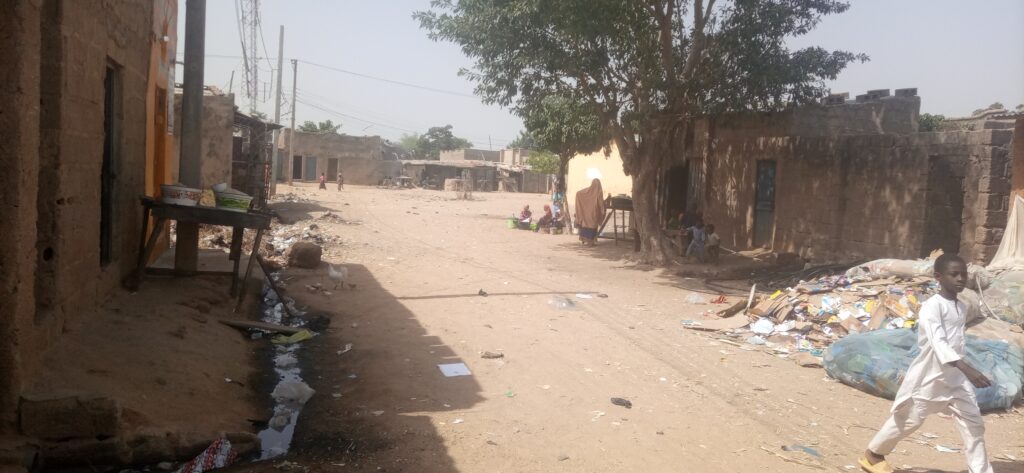
The center consists of a pharmacy, a consultation/treatment room, and a reception area, but lacks a dedicated delivery ward.
“We don’t take women that are about to deliver because we don’t have a delivery ward,” Mohammed explained.
In emergencies, patients are referred to nearby facilities, which may be either private or government-owned, as the Dambare PHC is not equipped to handle serious medical issues.
Limited staffing and service hours
The facility operates with a skeleton crew of 13 staff members, supplemented by one sub-staff.
“Our staff members range from environmental staff in charge of cleaning to a laboratory technician, the pharmacist, and myself,” Mohammed explained.
Despite their efforts, the team struggles to manage the large influx of patients, especially on designated days for ante-natal care and immunization, which occur every Mondays and Thursdays.
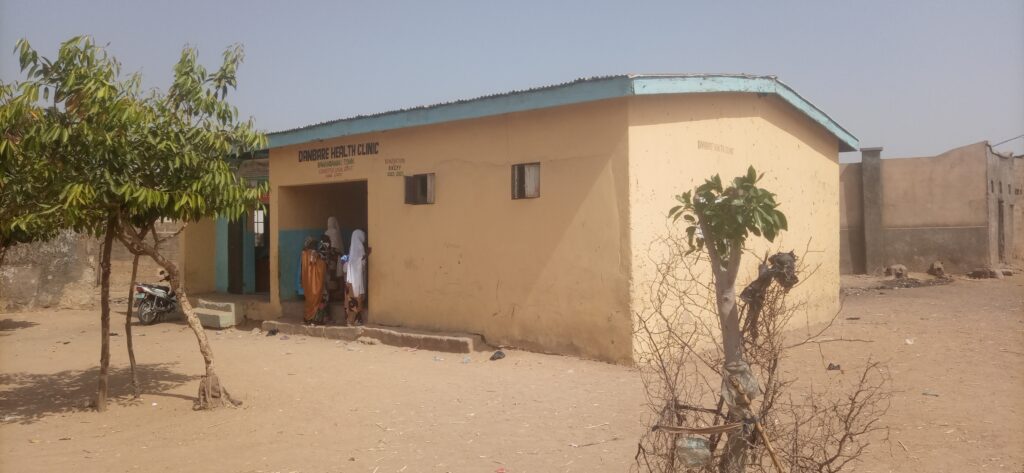
Challenges in patient care
Patients often leave the facility without receiving comprehensive care. “We just administer medical care and immediately refer them to other hospitals for quick attention,” Mohammed stated.
This lack of capacity to handle urgent cases highlights the urgent need for improved resources and infrastructure.
The facility also faces challenges in drug availability. While some medications are dispensed, patients are often referred to pharmacies if specific drugs are unavailable. “We get support from the government, and we go to the DMA at the end of every month for a restock of the drugs we need,” Mohammed said.
Community support and collaboration
Despite the overwhelming challenges, community members play a crucial role in supporting the PHC. “The community members give us information because they are closer to the community leader, who informs us about any health-related issues,” Mohammed noted.
This collaboration is vital for the smooth operation of the health care center, but it is not enough to address the systemic deficiencies.
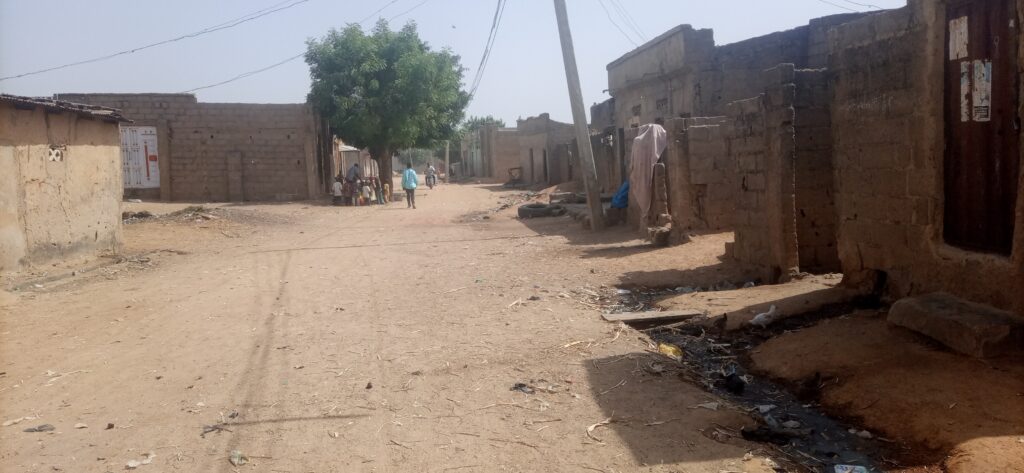
Lack of basic amenities
Access to basic amenities remains a significant hurdle for the Dambare PHC. “We don’t have electricity; we are not connected to the national grid,” Mohammed admitted. The facility lacks a generator or solar panels for power supply.
Furthermore, water accessibility is compromised, as the borehole funded by the community has not been operational for some time due to lack of funds for repairs.
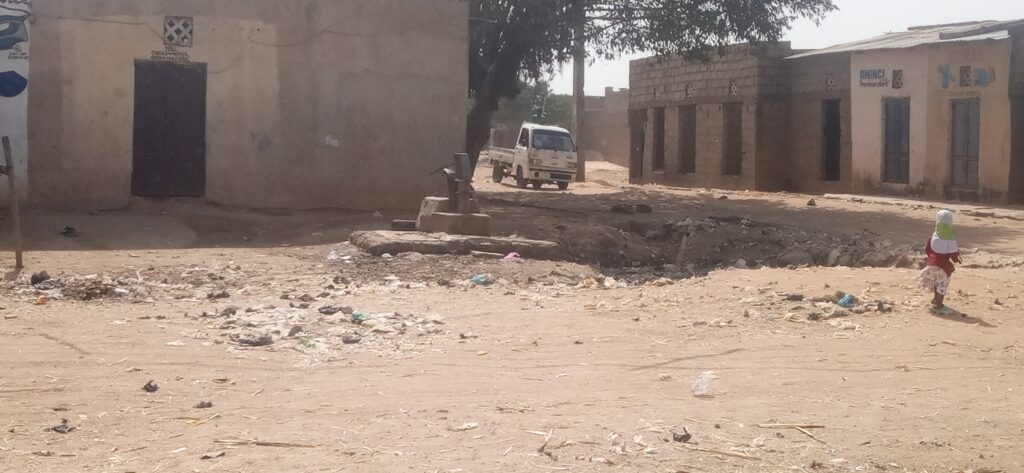
The sanitation facilities are also inadequate. The toilet is situated in a nearby community member’s house, which raises serious hygiene concerns. “We have toilets over there. They are built separately as an extension, but they are not up to standard,” Mohammed stated.
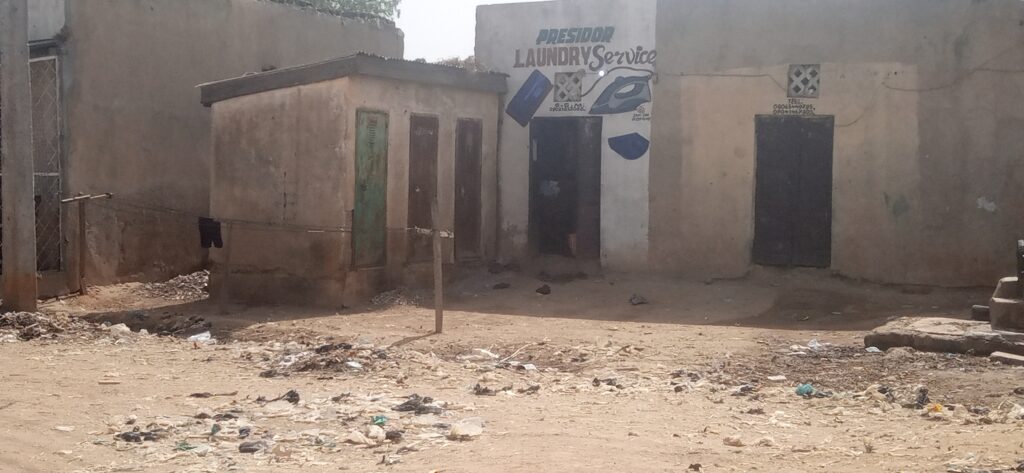
The way forward
When asked about what assistance the facility needs, Mohammed responded, “We need assistance in terms of the provision of basic facilities for the PHC here, such as chairs for patients to sit on, desks for staff, and essential drugs.” He emphasized the need for support from governmental bodies, NGOs, and philanthropists to enhance health services in the community.
The Dambare Primary Health Care facility serves as a critical health resource for its community, yet it faces substantial barriers that hinder its effectiveness.
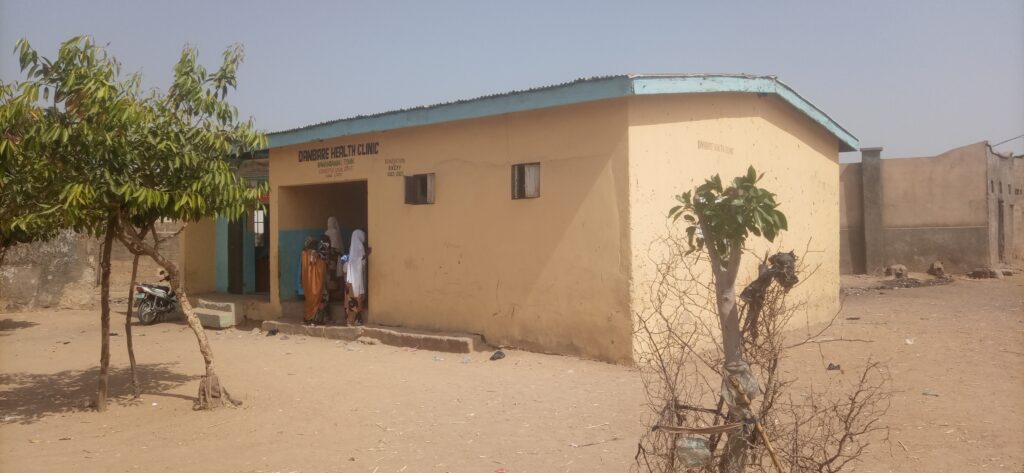
With limited government support and a reliance on community and NGO contributions, the PHC struggles to provide adequate care.
Urgent intervention is necessary to improve conditions, ensure access to essential services, and ultimately safeguard the health of the community it serves.


